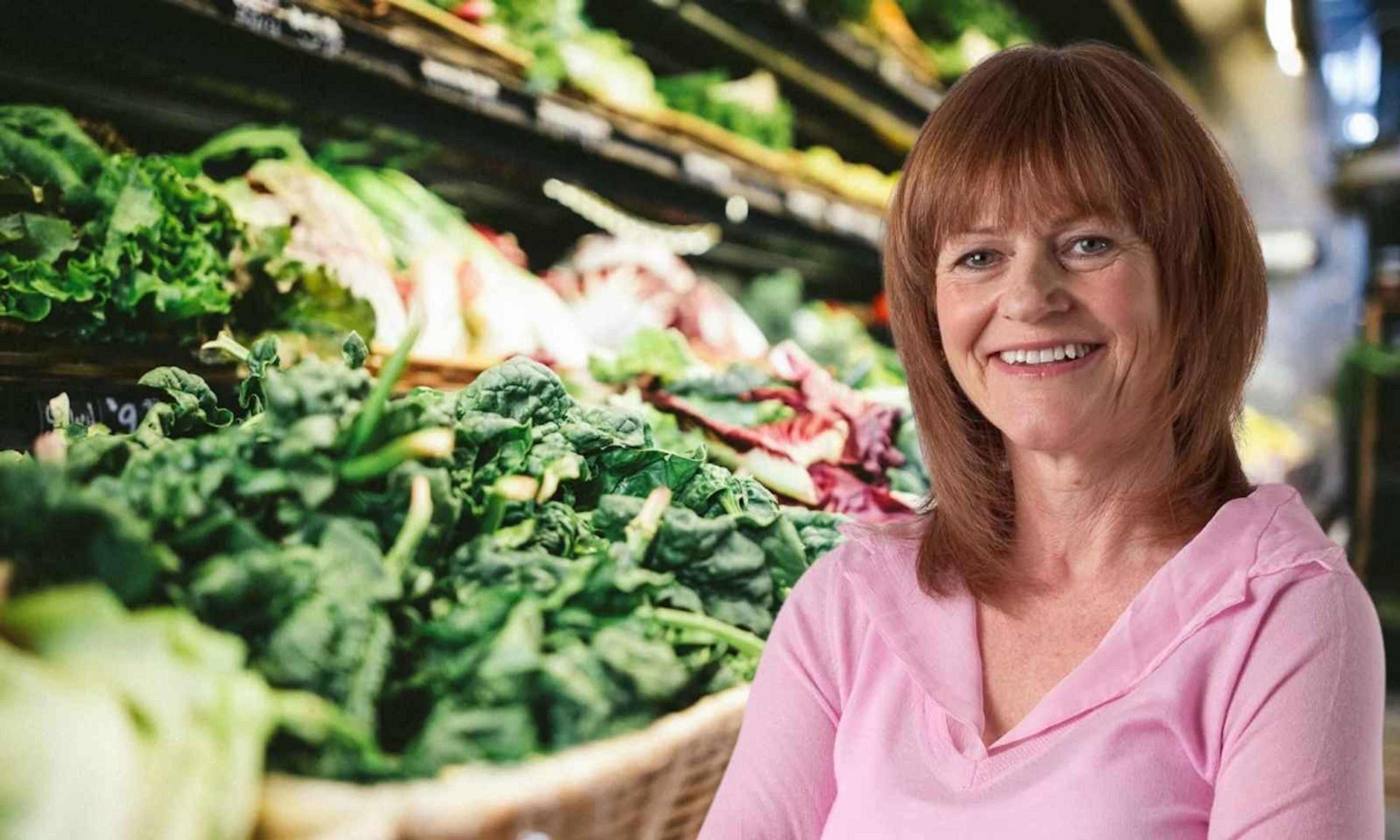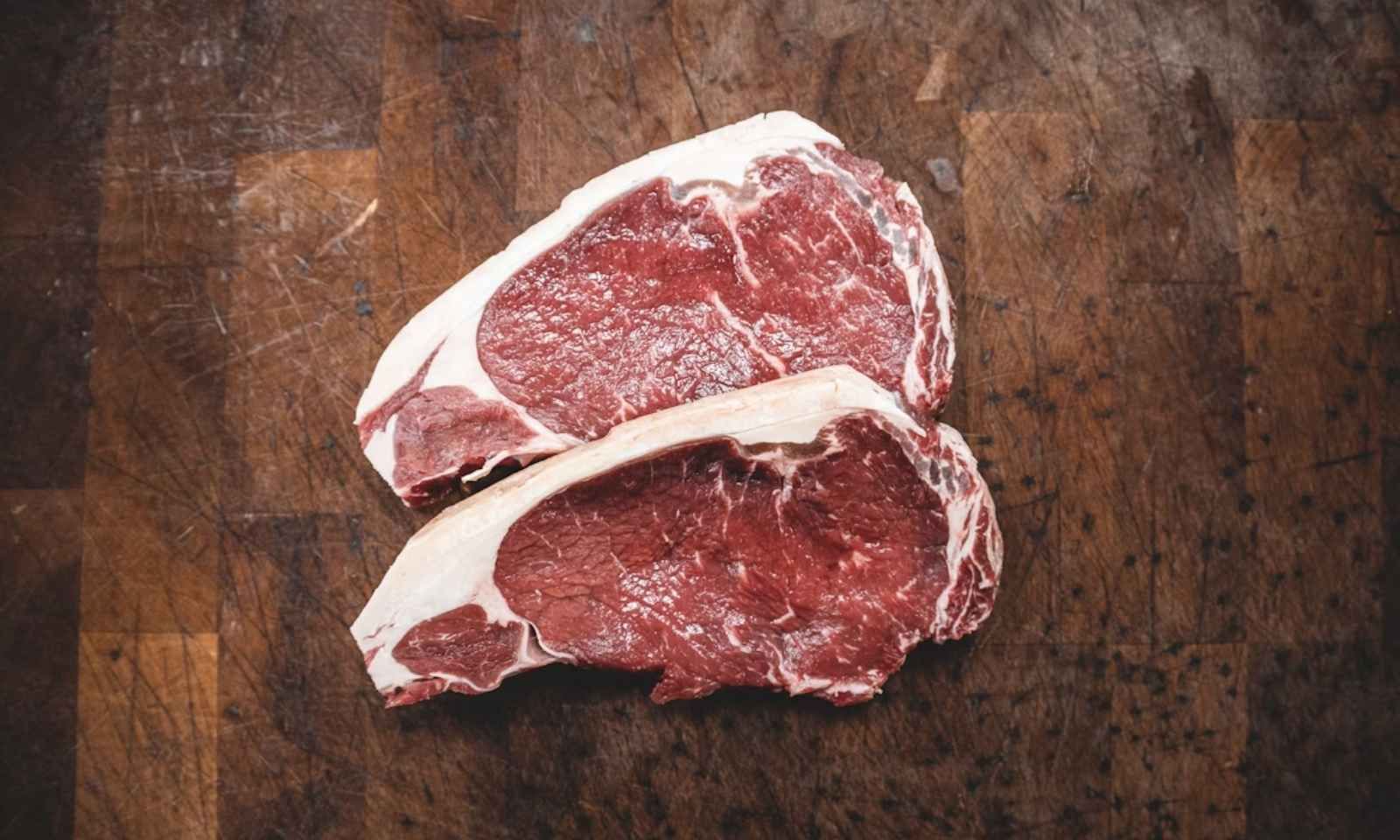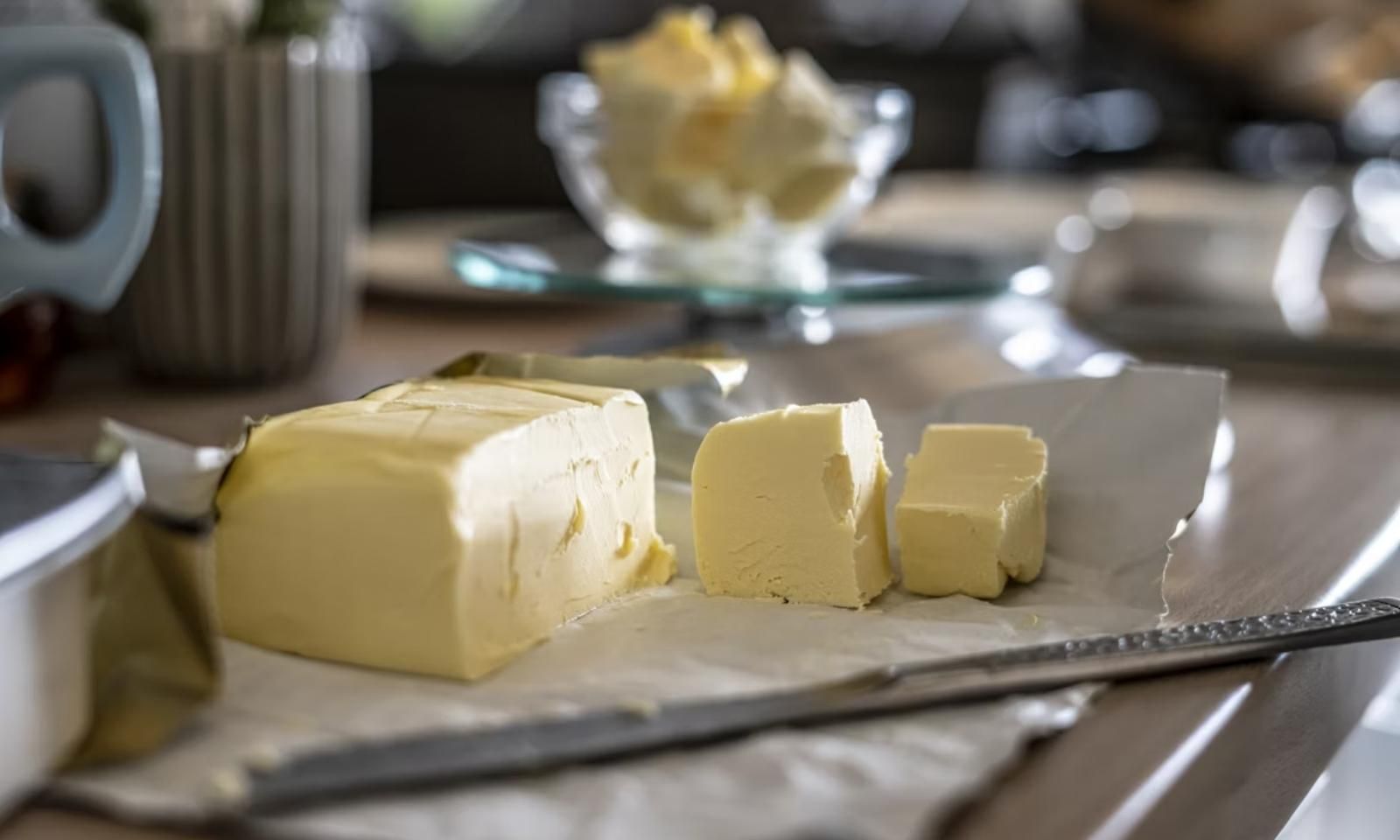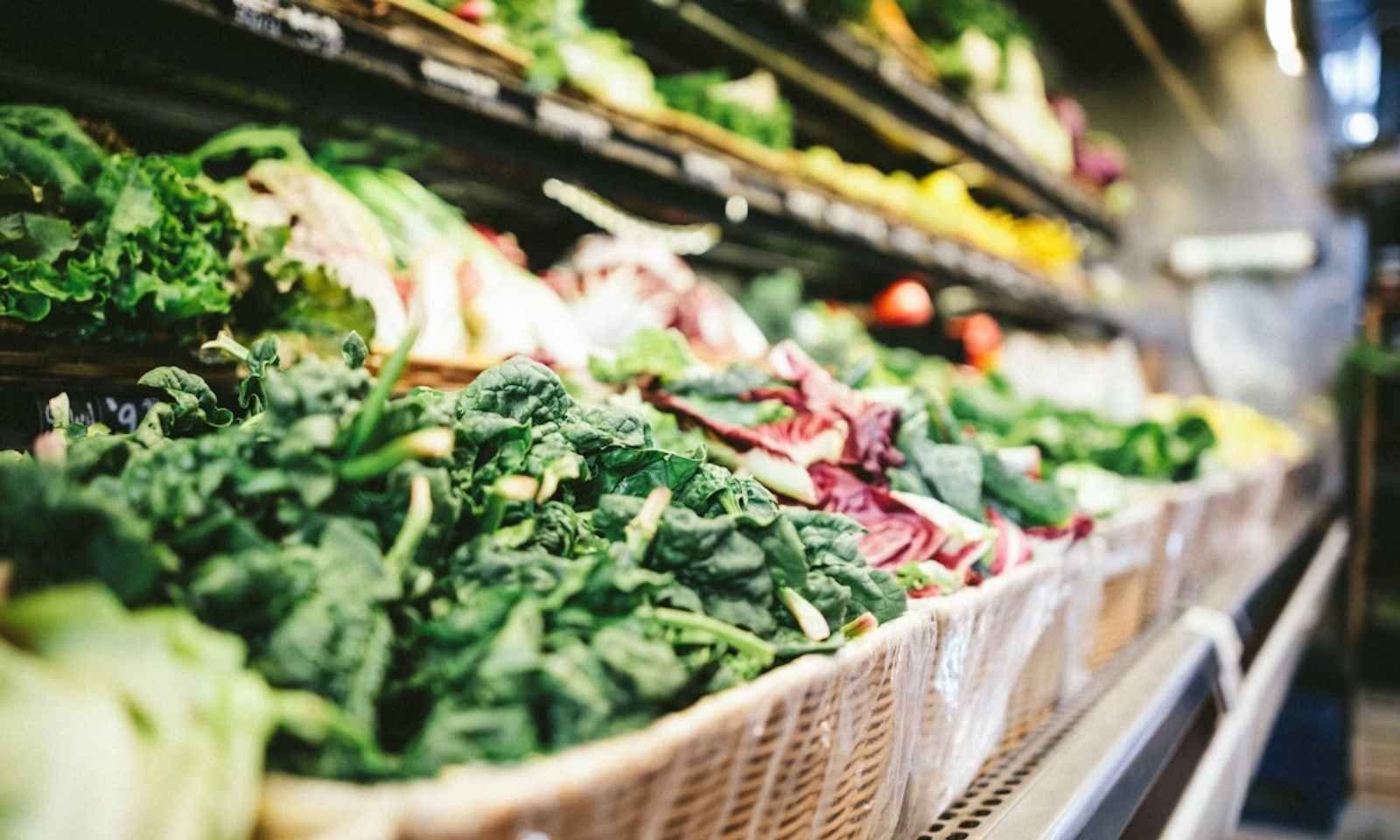

Sue Chetwin, founder of the Grocery Action Group, says breaking New Zealand’s supermarket duopoly with a third player, although difficult, is needed.
Photo/Unsplash/Facebook
Third supermarket player needed as food prices hit record highs
As food bills soar, the Grocery Action Group is urging government intervention to reduce Woolworths and Foodstuffs dominance in the market.


Realm relations in focus as Tokelau-NZ marks 100-year history

The Sāmoan Tenor named Pati who turned disadvantage into an operatic destiny

Argentina eyes Pacific Islands Forum dialogue partnership as NZ says nations must decide

Naval officers face charges over sinking of HMNZS Manawanui

Realm relations in focus as Tokelau-NZ marks 100-year history

The Sāmoan Tenor named Pati who turned disadvantage into an operatic destiny

Argentina eyes Pacific Islands Forum dialogue partnership as NZ says nations must decide
A consumer watchdog says breaking New Zealand’s supermarket duopoly is necessary, despite the challenges involved.
This comes as annual food prices rise at their fastest pace since late 2023. Stats NZ reported that food prices increased by five per cent in the 12 months leading up to July 2025, following a 4.6 per cent rise in the year up to June.
All five food groups recorded price hikes, with the grocery category contributing the most due to higher prices of dairy products, including milk, butter, and cheese.
In an interview with William Terite on Pacific Mornings, Sue Chetwin, the founder of Grocery Action Group, says structural changes are urgently needed for New Zealand’s "highly concentrated” supermarket scene, which is mainly controlled by two companies: Woolworths and Foodstuffs.
“What needs to be challenged is how you would shift the dial. That probably is introducing a third player. To do that quickly, you need some structural change. That might be forcing the supermarkets to divest some of their stores and their wholesale operations to a third operator,” Chetwin says.
“That's difficult but to get any change happening, that's what the Government needs to look at doing. I think [the Government] is considering it but it must be very challenging.”

Meat, poultry, and fish prices saw an average increase of 7.9 per cent, with beef steak and mince rising by 24.6 per cent and 19.3 per cent, respectively. Photo/Unsplash
Food prices have shown steep increases: Butter prices rose 42.2 per cent to an average of $8.59 for 500 grams, milk climbed by 16 per cent to $4.70 for two litres, and cheese increased nearly 30 per cent to $13.01 for a one-kilogram block. Meat, poultry, and fish prices saw an average increase of 7.9 per cent, with beef steak and mince rising by 24.6 per cent and 19.3 per cent, respectively.
Foodstuffs, the owner of New World and Pak’nSave supermarkets, reported a smaller price increase of 3.4 per cent, which conflicts with Stats NZ’s five per cent rise. Foodstuffs claims that global spikes in prices of commodities like olive oil, butter, and cocoa are inflationary drivers.
Chetwin has criticised this explanation as a “spin” designed to protect the company’s market share. She trusts Stats NZ’s report over the supermarket’s claims, arguing that Foodstuffs has a “very self-interested” motive over pricing and consumer control.

Butter prices rose 42.2 per cent to an average of $8.59 for 500 grams. Photo/Unsplash
“Having said that, Stats NZ does take into account restaurants and other places where people get food, whereas Foodstuffs is looking at its supermarkets. Although it does say that it is looking at some of those other factors too,” Chetwin says.
“This could all be explicable and it's one of those situations where… Foodstuffs is choosing to put the best gloss on its own pricing that it can.”
The Grocery Commission’s Annual Grocery Report has increased pressure on Economic Growth Minister Nicola Willis to consider stronger interventions, including the structural separation of the duopoly. The report found that this duopoly holds an 82 per cent share of the $27 billion grocery market.

Woolworths and Foodstuffs hold an 82 per cent share of the $27 billion grocery market. Photo/Unsplash
Chetwin says that while Willis has delivered some “fighting talk”, tangible actions have yet to follow. Chetwin adds that market diversity is key, especially considering New Zealand has enough physical supermarkets but lacks variety in ownership.
But Chetwin acknowledges the difficulty of introducing an international player into the supermarket landscape. “It would be nice to have that occurring, or even better, a New Zealand operator stepping up.
“The Warehouse did start but it seems to have pulled back. There are Māori interests and it would be great to see that progress. But what we're seeing so far is just words. Over the next few weeks, we might see some announcements and, hopefully, that will be positive. But I don't have high hopes.”